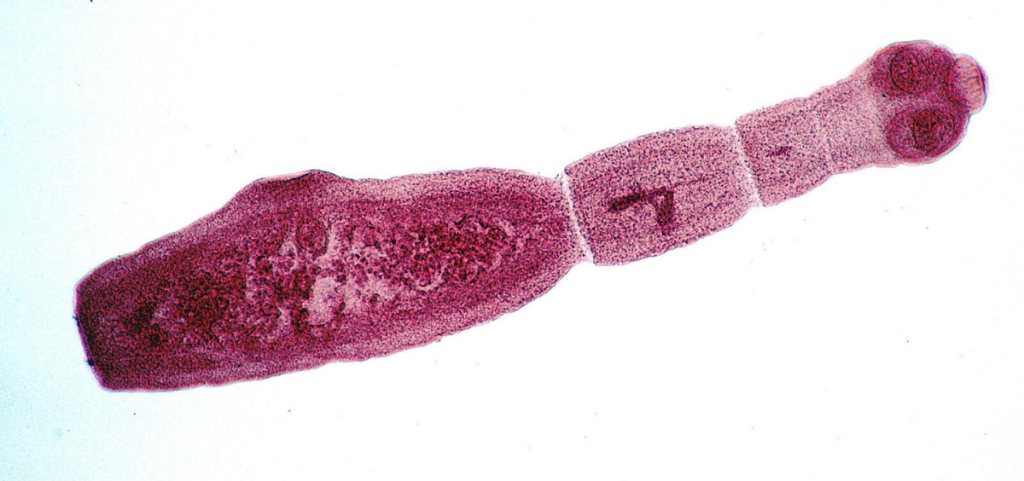Ontario has opened the license application period for cruel new dog hunting pens. For 90 days, hunters can apply to open new “train and trial” areas—enclosed spaces stocked with wild animals to be used as live bait for hunting dogs. In this sickening bloodsport, terrified coyotes, foxes, and rabbits are chased and ripped apart by dogs, with nowhere to escape.
Penned dog hunting is illegal in every other Canadian province and most US states. Though participants claim animals are not injured in these pens, Animal Justice’s 2023 investigation shows hunters admitting that dogs frequently chase and maul live animals in enclosures. Our footage shows terrified coyotes running for their lives, and hunters threatening violence toward dogs who don’t perform well.
In 1997, Ontario banned new facilities from starting up because of their inherent cruelty, and over time the number of pens went from 60 down to just 24. But last year, lawmakers bowed to pressure by hunting extremists who pushed for more pens—while misleading legislators about the suffering inflicted on animals used in the hunts. Despite widespread public concerns and opposition from the NDP, Liberals, and Green Party, Ontario is now proceeding with its reckless plan to issue new licenses.
By handing out new licenses, the government is threatening to undo decades of progress in phasing out this cruelty, and is opening the door for the spread of dangerous parasites like Echinococcus multilocularis—a tape worm that can cause a disease that is potentially fatal to humans, and which can be transferred between coyotes, foxes, domestic dogs, and humans.
Penned Dog Hunts Can Spread Deadly Parasites to Humans
Echinococcus multilocularis is a parasitic tapeworm found in wildlife like coyotes and foxes. It can also affect domestic dogs and humans. In Southern Ontario, approximately one in four coyotes and foxes (23 percent) have been found to be infected with the parasite.
Coyotes often become infected by eating small rodents, such as voles or mice, that harbor the larval stage of the parasite. Dogs can become infected with Echinococcus multilocularis by directly ingesting the eggs by sniffing or licking contaminated soil or feces.
Humans can become infected simply by petting or handling a dog who has tapeworm eggs on their fur. Once infected, Echinococcus multilocularis can cause a severe and potentially deadly disease known as alveolar echinococcosis in humans.
After the eggs are ingested, they hatch in the intestines, releasing larvae that penetrate the intestinal wall and enter the bloodstream. These larvae travel to the liver, where they form tumor-like growths called alveolar cysts. The cysts expand slowly over time, often taking years before the person becomes symptomatic and seeks medical assistance. As they grow, they destroy healthy liver tissue and can spread to other organs such as the lungs and brain.
Because the disease progresses slowly, it is often not diagnosed until it has reached an advanced stage. Without treatment, alveolar echinococcosis can be fatal.

Fight to Stopped Penned Hunting Expansion—You Can Help
Animal Justice and our supporters have been fighting hard against the proposed expansion with clear evidence of animal cruelty, but legislators chose to pass the legislation regardless, and now open up the application period for new licenses—all to appease the hunting lobby.
In an effort to prompt the government to better scrutinize this dangerous plan, Animal Justice and Coyote Watch Canada filed an application seeking a legislative review under Ontario’s Environmental Bill of Rights, but the application was unfortunately rejected. We raised public health concerns in our request as well, but the Ministry of Natural Resources dismissed them, claiming merely that they were unaware of health risks posed by wild canids used at these facilities.
Let’s not give up the fight! Please join us in urging Premier Doug Ford not to issue new licenses. Together, we’ll keep pushing the province to protect the coyotes, foxes and rabbits who suffer and die in these hunts, and combat the very real dangers to public health.
